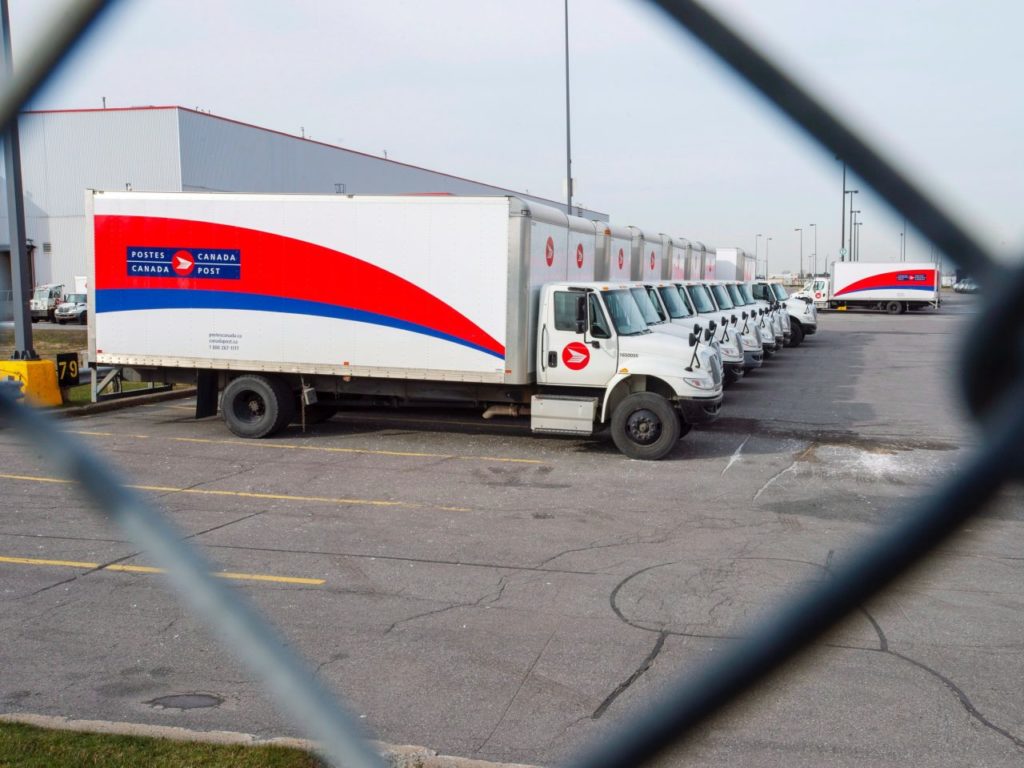Everything you need to know about the Canada Post strike
What does this mean for your packages?
Advertisement
What does this mean for your packages?

Share this article Share on Facebook Share on Twitter Share on Linkedin Share on Reddit Share on Email
I’m waiting for my mail to come. My mail is my brith certificate is it on it’s way